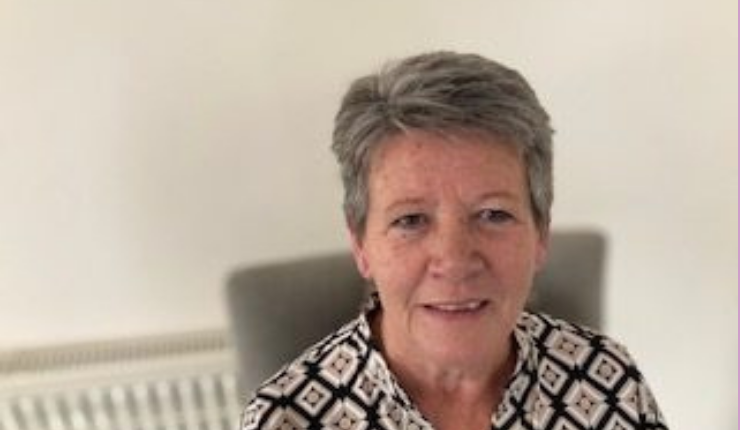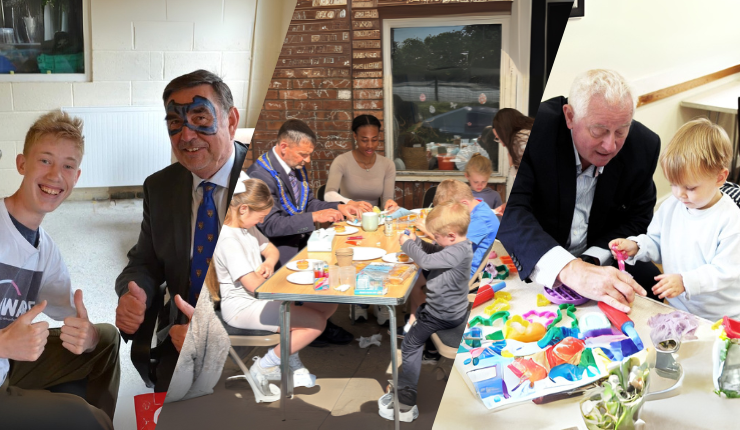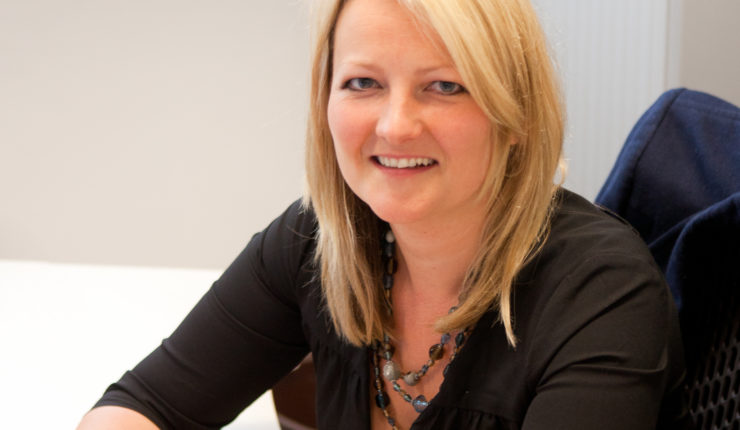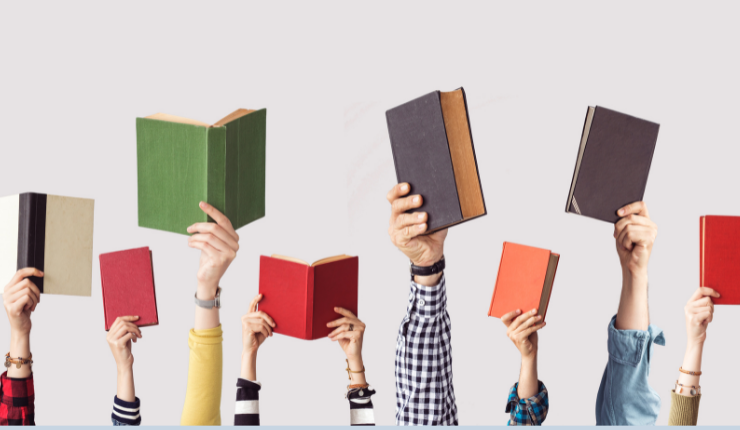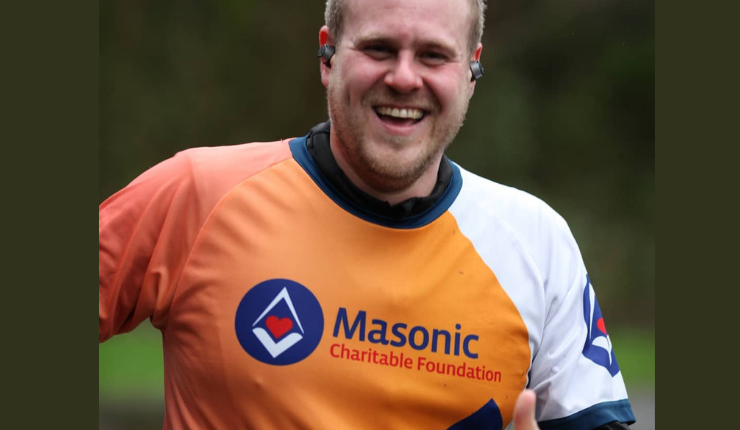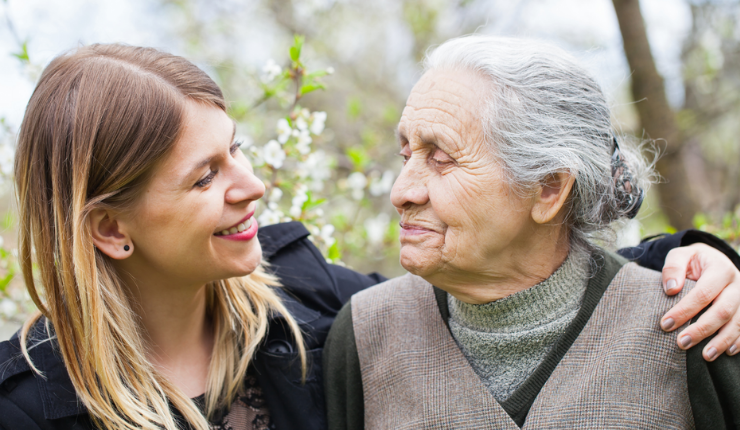What it means to be an ally
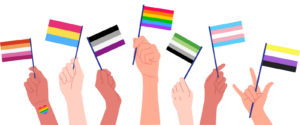
In the Oxford Dictionary, ‘ally’ is defined as a person or organisation that actively supports the rights of a minority or marginalised group without being a member of it. More specifically, in the context of Pride and LGBTQIA+, an ally will educate themselves, speak out and advocate for members of the queer community.
We spoke to the MCF Trustee, Tony Harvey, about the importance of being an ally for him personally, and as a Freemason.
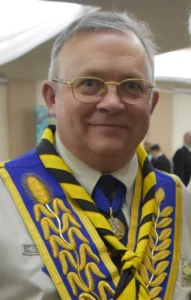
What does being an ally to the LGBTQIA+ community mean/look like to you?
For me, it is about recognising that a person’s sexuality and gender identity is their own concern, that a person should not be excluded, condemned or discriminated against on the grounds of their sexuality or gender identity. As a heterosexual person who is comfortable with my sex assigned at birth, I cannot even imagine the struggles and pain experienced by those who have faced the disapproval and discrimination of others. However, I salute their courage in standing up for who they are and am happy to be seen as an ally.
As a Freemason, how do you think the values of Integrity, Friendship, Respect, and Charity align with being an ally?
I believe if our values as Freemasons mean anything, then surely we should respect and include members of the LGBTQIA+ community. A person’s sexuality is their concern and should not put them outside of the scope of brotherly love, friendship, or respect. From its early days as an enlightenment organisation, Freemasonry has been a space in which law abiding people of diverse views could meet together. Today, we should continue in the same manner by being inclusive towards and supportive of those of all legal sexual orientations. Equally, I believe we have a duty of care to continue to include and offer lifelong support to those of our members who were initiated into Freemasonry as men and who subsequently identify as women. In other words, brotherhood and respect are lifelong and do not terminate when somebody goes through such a transition.
Have you always had these beliefs or was it something you had to learn along the way?
No I haven’t. My formative years were the 1960s and early 1970s. The playground culture at that time was racist and homophobic. The all boys’ school I attended was not tolerant towards anyone perceived to be homosexual. A teacher was forced to resign when it was discovered he was gay. But over the course of my life I have questioned, challenged, and educated myself. My fundamental belief in the values and principles of Scouting and, in the last thirty-two years, of Freemasonry, have led me to change those early beliefs. I also recognise that I may have lingering unconscious bias, so I continue this process of learning.
What would you say to a fellow Freemason who wants to learn more/become more open minded?
I would encourage them to talk with people from the LGBTQIA+ community, to hear their stories and to see them as people rather than as labels, to identify and concentrate on what they have in common, rather than their differences. I would also discuss our different interpretations of our values and the implications of those values for our attitudes and behaviour towards the LGBTQIA+ community.
How do you think the MCF’s support of Pride month aligns with our vision for society: ‘Everyone has the opportunity to lead positive, active and fulfilling lives, especially those that are in need, disadvantaged or marginalised’?
For me, the MCF’s support of Pride is perfectly aligned with our vision and values. How can we in all conscience exclude people from this vision on the grounds of their sexuality or gender identity? “Everyone” surely means “everyone”. I do recognise that some people have concern that Pride may have a more political agenda that might cut across party political lines. That is not my understanding. I encourage those who have that concern to research the facts, to look at what Pride stands for and how it is organised, and to separate Pride itself from those organisations that also support it and which may have a political agenda.
